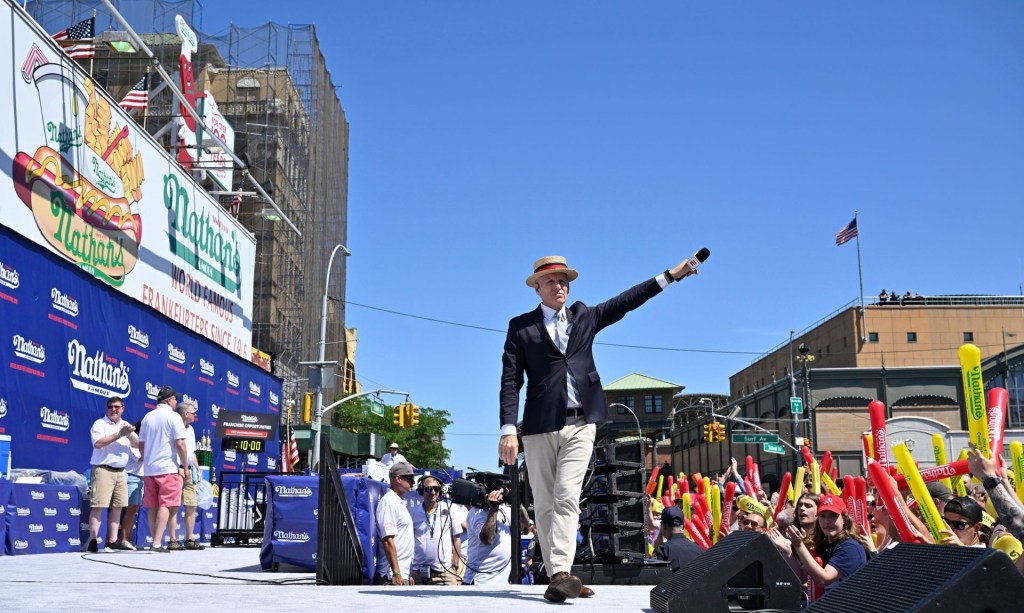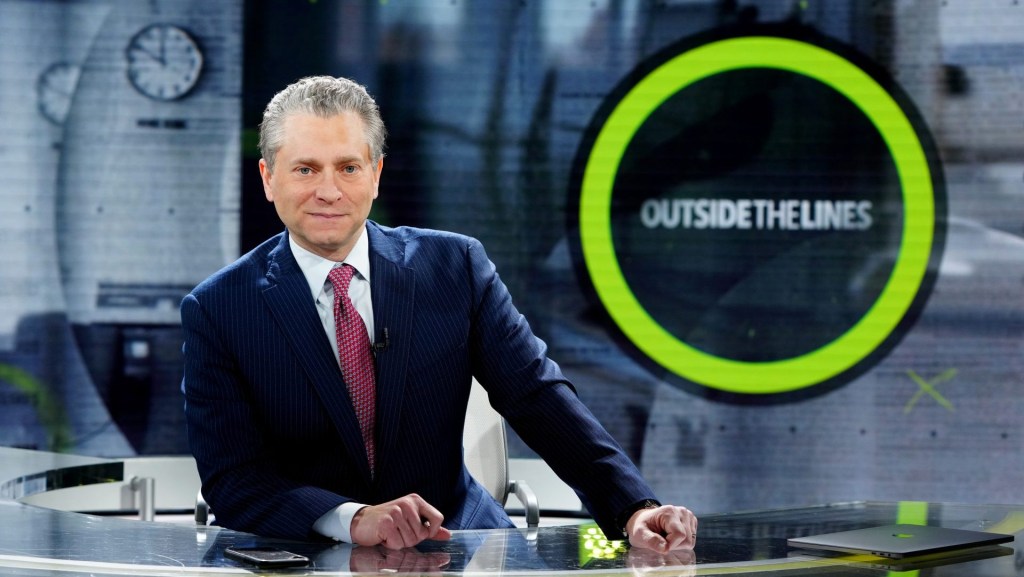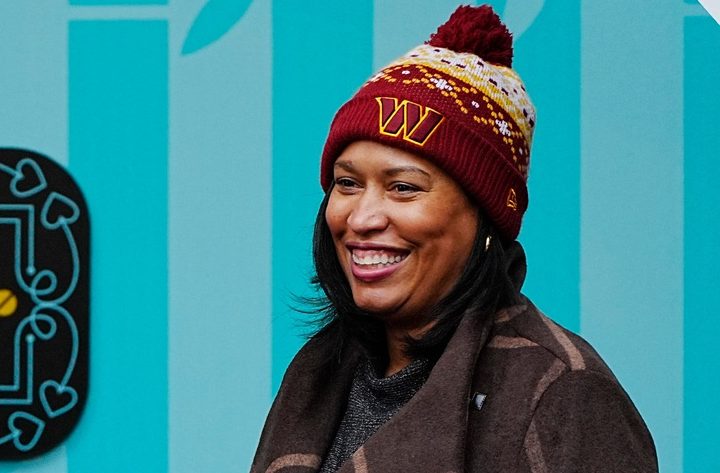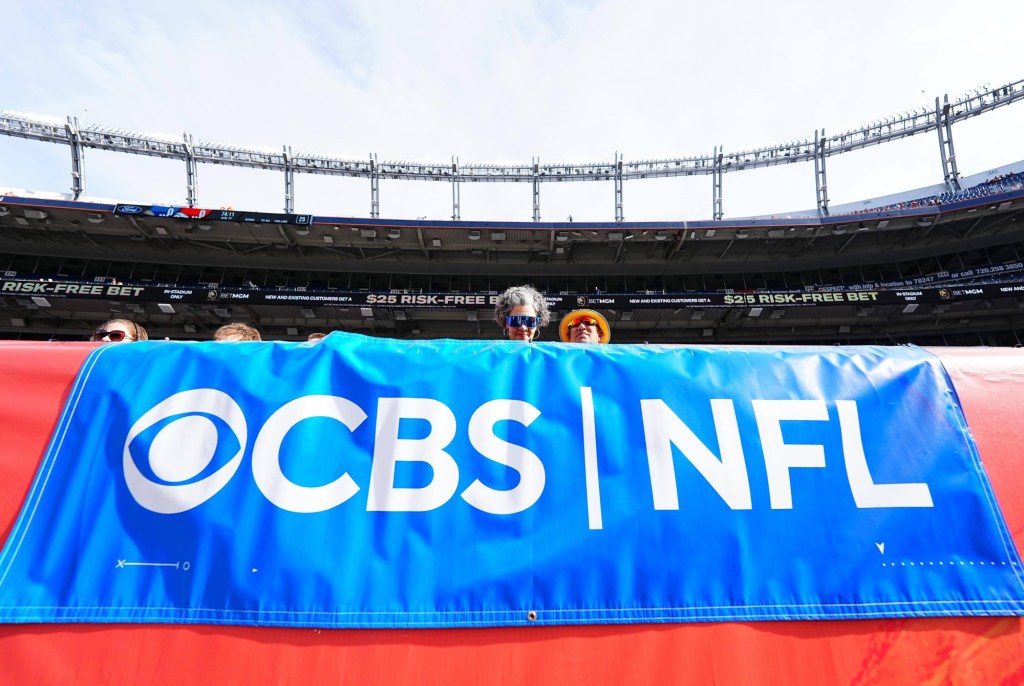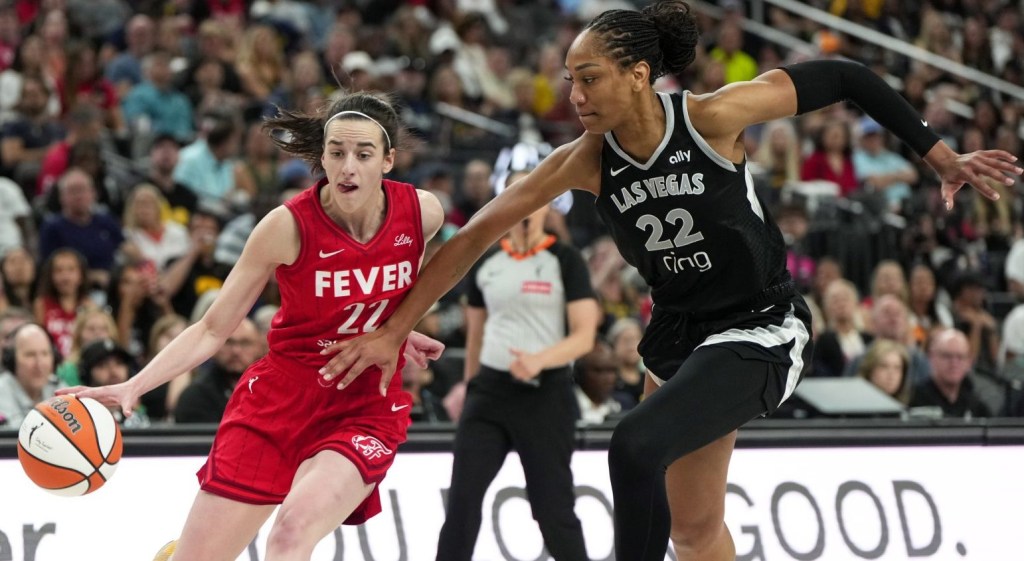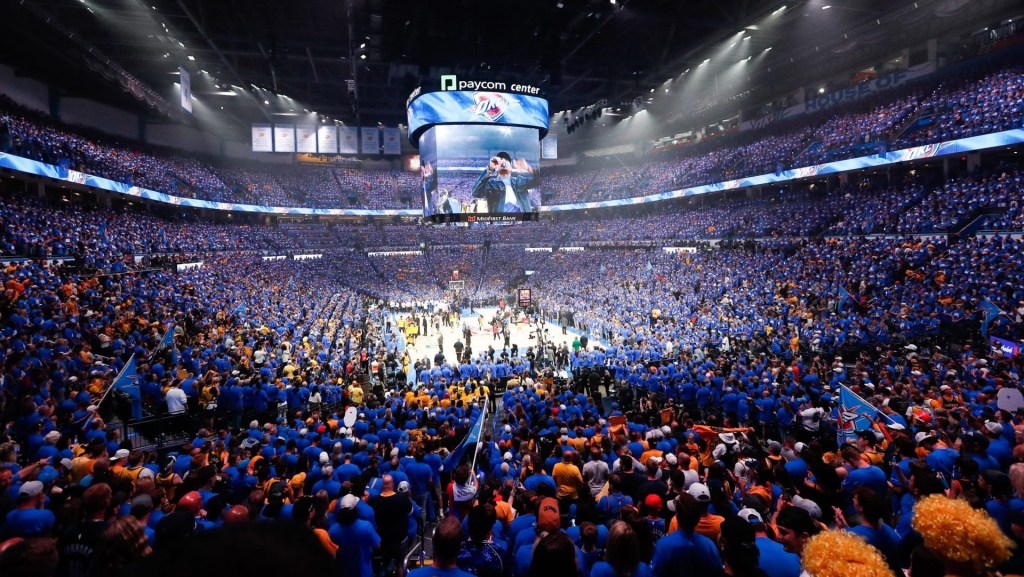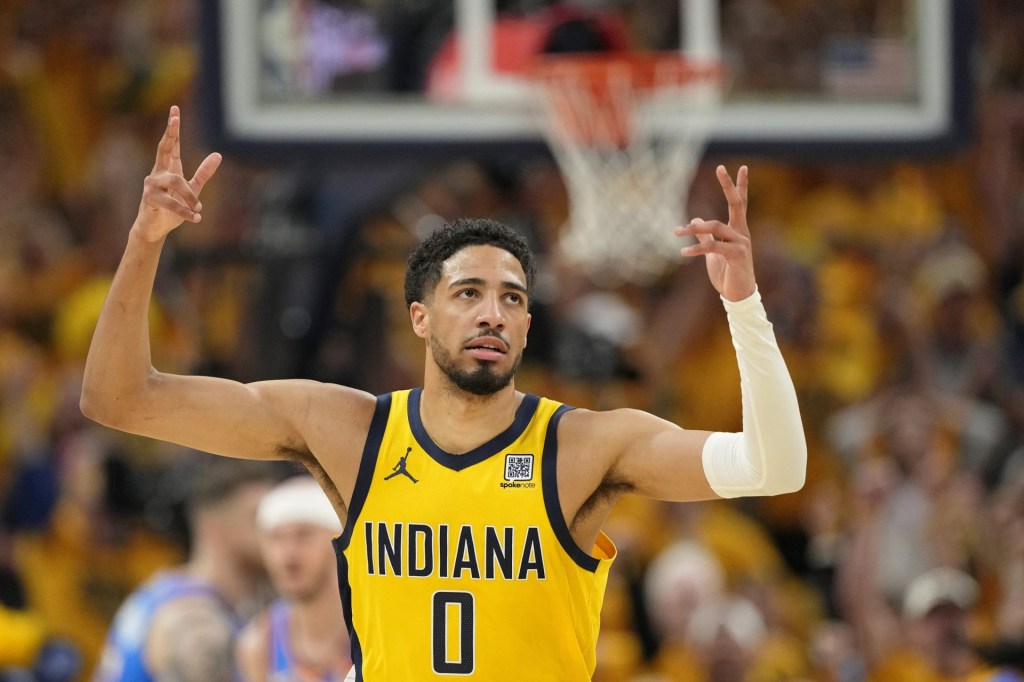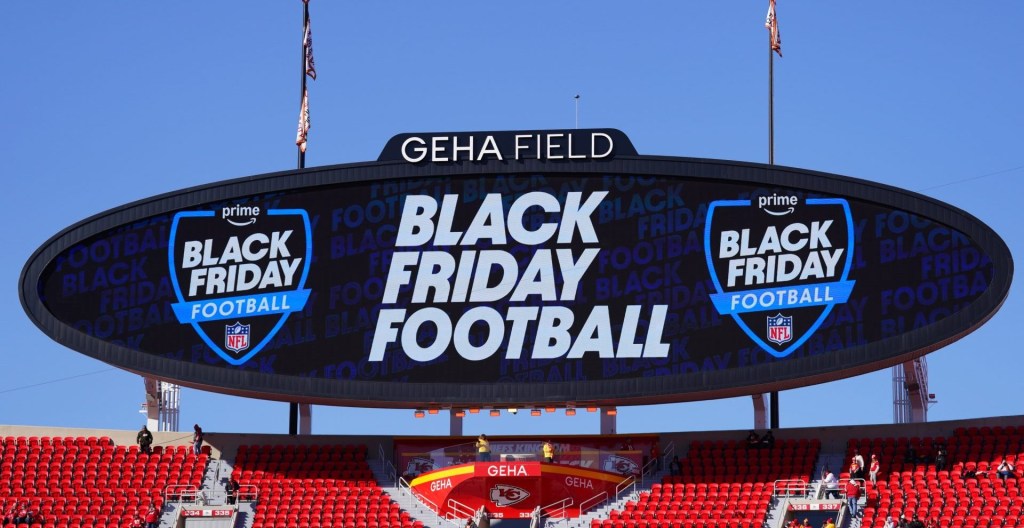Blue Wire projects it will double its revenue to $10 million in 2022 as it adds more pro athletes like Darren Waller and Maxx Crosby of the Las Vegas Raiders to its podcasting roster.
The fast-growing network opened a 1,700-square-foot studio at Wynn Las Vegas last year. The Raiders’ two 20-something stars will host their shows from the luxury hotel on the Las Vegas Strip. Blue Wire will license an existing podcast by Waller.
“The two best players on the Raiders are podcasting with Blue Wire,” said founder Kevin Jones.
The two Raiders are the latest current or retired athletes to host podcasts for Blue Wire. Others include: Chris Long, Duncan Robinson, Richard Jefferson, Lolo Jones, Channing Frye and Cris Carter.
From its start in 2018, Blue Wire now offers more than 260 national and regional shows delivering over 10 million monthly downloads.
“We’re hitting these eight-figure audience and revenue metrics. We really believe there’s something here,” said Jones. “It’s exciting times.”
Looking ahead, Jones predicts revenue will rise to over $10 million in 2022 from $4.9 million last year and $1 million in 2020.
His ultimate goal: challenge ESPN and Barstool Sports for the title of largest podcast network.
Rather than focusing on one big show like Meadowlark Media’s Dan Le Batard show, he’ll grow by signing existing podcasters.
Or by discovering unsung members of the “creative class” with the talent to become the next Le Batard or Colin Cowherd.
“To us, it’s a strength-in-numbers play. We like existing podcasters,” Jones said.
The former journalist revels in his role as underdog and industry disruptor.
Back in 2019, The Athletic tried to recruit several of Blue Wire’s young stars, according to Jones. They included the creators of the popular New York Yankees podcast, “Bronx Pinstripes.” But Jones fought off the talent raid by promising his creators more time, attention and transparency.
All the podcasters targeted by the bigger Athletic stayed, according to Jones. Since then, Blue Wire has experienced only a 1% monthly churn rate for creators. He recalled it as a “David and Goliath moment” for his startup.
“The Athletic had 600 times the amount of capital to disrupt sports media — and we withstood the hurricane. I learned that building relationships and honesty are the most important things in how to protect Blue Wire from bigger competitors,” he said. “We have this grassroots culture that’s opposite of the corporate atmospheres I’ve worked at in radio, TV, and the NFL. There’s a want from creators to know, and be in-touch, with the leaders of media companies.”
Unlike most podcast networks, Blue Wire allows most of its creators to retain their intellectual property (IP) rights. It’s a unique strategy. But it allows the company to significantly lower its operating costs. And it plays up Blue Wire’s reputation as a talent-friendly home for creators who like to take pride in ownership.
“Creators these days are becoming fiercely independent. When they give away ownership of their podcast to a big corporation, they are fearful of losing control of both their audience and what they can/can’t say,” Jones said. “Blue Wire’s approach isn’t taking any control from our podcasters. We’re selecting great podcasters — and adding to their business.”
The startup has raised $9 million in venture capital funding. Jones wants to stay independent. But he is looking for more long-term “strategic partnerships” in video distribution, radio and other areas.
Said Jones: “The next level for Blue Wire is really building out beyond our audio and digital channels. Getting Blue Wire everywhere. So we’re looking for the right partners.”

